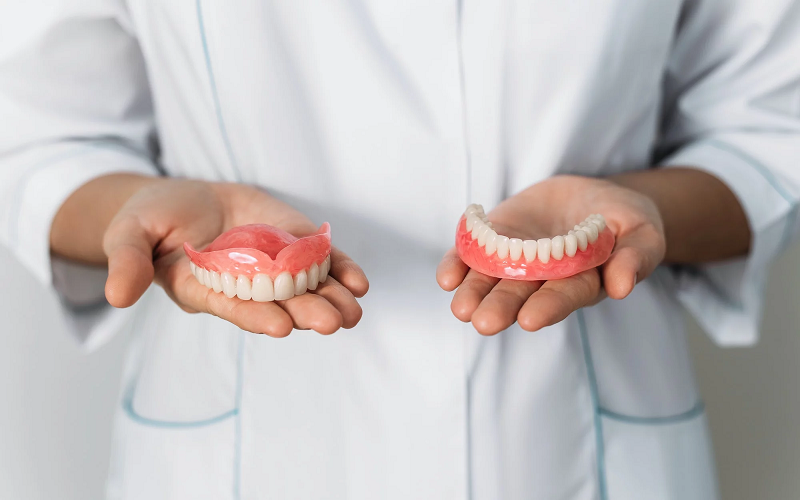Welcome to a world where a smile is not just a curve that sets everything right. It’s also a gateway to robust health. Today, we will dive into the universe of dentures, a cornerstone of cosmetic dentistry South Bay. We aim to demystify the world of dentures, providing you with everything you need to know from the perspective of a general dentist. No jargon, no confusion, just simple facts and direct answers.
What are Dentures?
Dentures are artificial teeth and gums. They replace lost or removed natural teeth. Dentures can be full or partial. Full dentures replace all the teeth in your mouth. Partial dentures replace only a few missing teeth.
Why do People Need Dentures?
People lose teeth because of gum disease, tooth decay, or injury. Losing teeth can make it hard to eat or speak. It can also change the look of your face. Dentures help with these problems.
Types of Dentures
There are three main types of dentures: conventional, immediate, and overdentures.
| Type | Description |
| Conventional | These are made after the teeth have been removed and the gum tissue has healed. |
| Immediate | These are made in advance and can be positioned as soon as the teeth are removed. |
| Overdentures | These are based on a few remaining teeth or dental implants. |
Caring for Dentures
Dentures need care, just like real teeth. Clean them daily. Use a soft brush and denture cleaner. Don’t use toothpaste, it can scratch. Keep them moist when you’re not wearing them.
Do Dentures Change How You Eat?
At first, you might need to eat soft foods cut into small pieces. Chew slowly, using both sides of your mouth. As you get used to new dentures, add other foods until you return to your normal diet.
Do Dentures Change How You Speak?
When you start wearing dentures, they can feel strange. You might have trouble pronouncing certain words. Practice by reading out loud. With time, your mouth adapts.
So, that’s the basics about dentures. Remember, a general dentist is your first point of contact for all dental issues, including dentures. No question is too small or too big. Reach out and get the answers you need. For more in-depth information on dentures, visit the American Dental Association.

